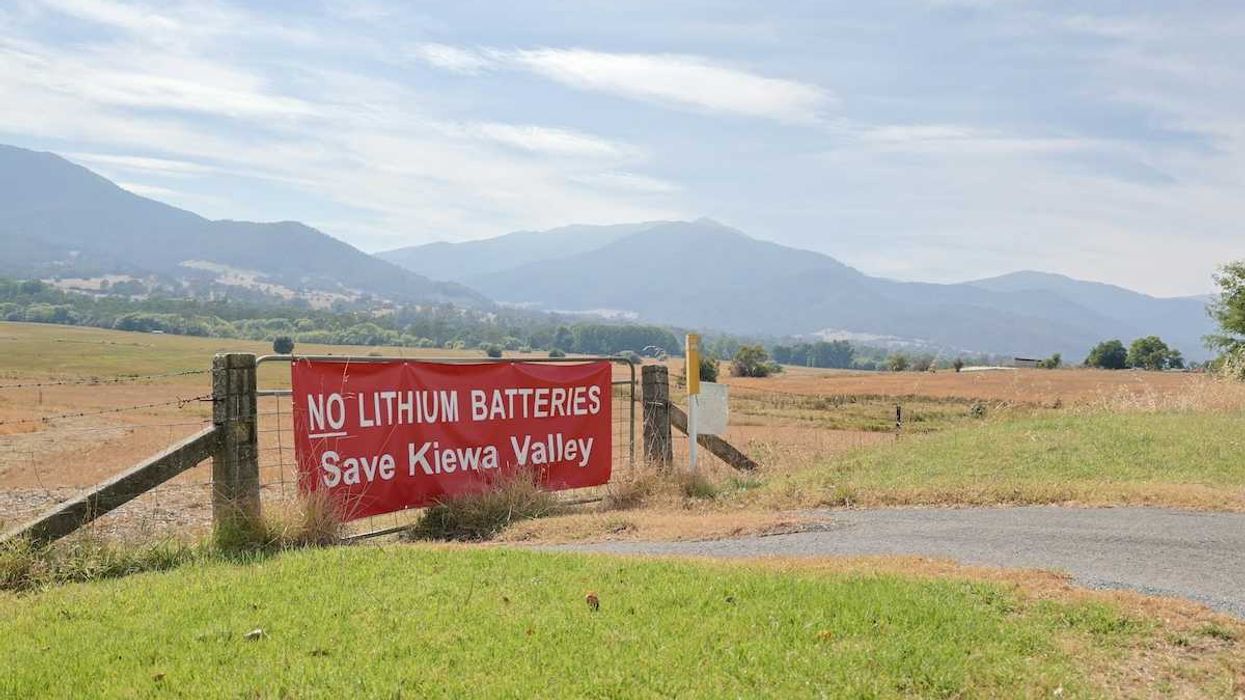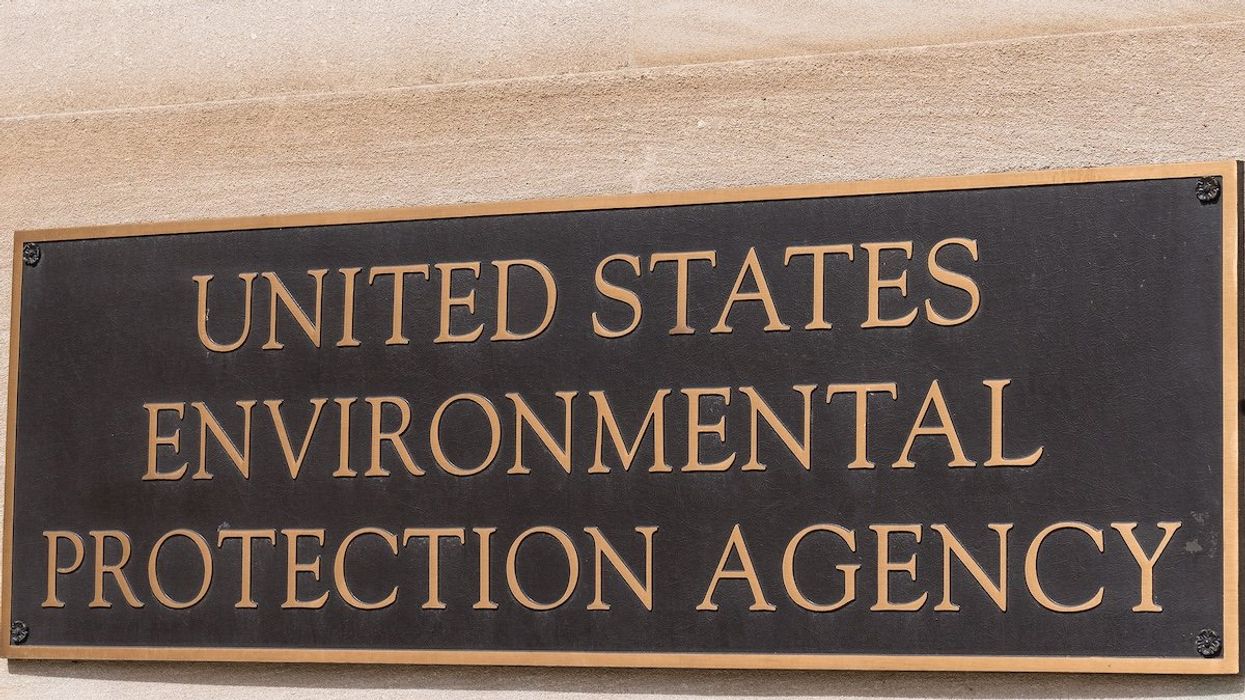California legislators have paused bills aimed at holding fossil fuel companies financially accountable for climate damages, citing political headwinds, economic concerns, and fear of industry backlash.
Aaron Cantú reports for Capital & Main.
In short:
- Three proposed climate superfund bills in California, including one spurred by destructive Los Angeles wildfires, have been postponed or rejected amid concerns over job loss and fuel prices.
- The oil industry and trade unions mounted strong opposition, while threats from President Trump to dismantle state emissions policies added pressure on lawmakers.
- Supporters of the legislation cite mounting evidence that global warming, driven by major fossil fuel companies, has inflicted enormous economic losses and health impacts, with researchers estimating up to $14 trillion in damage from heat alone.
Key quote:
“The public is exponentially paying for climate damage, and we have to make a change.”
— California Assemblymember Dawn Addis
Why this matters:
California sits on the front lines of climate change, with worsening wildfires, droughts, and heat waves putting lives, homes, and the economy at risk. Scientists have grown more confident in models tying individual fossil fuel companies’ emissions to specific climate disasters and economic harm, bolstering calls for them to pay a share of the damages. But California’s legislature, once seen as a leader on climate action, is wavering. In an election year shaped by inflation fears and renewed fossil fuel lobbying, lawmakers are choosing political caution over bold environmental accountability. Meanwhile, the costs of inaction are stacking up. In just one wildfire episode, the Los Angeles region may have lost a quarter trillion dollars in combined property, economic and health-related damage.
Read more: California bill seeks to make oil and gas companies pay for climate damages














